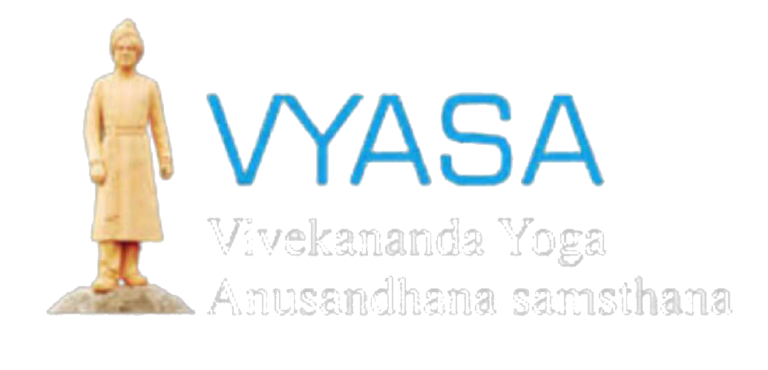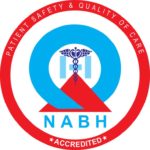Autism spectrum disorder (ASD) is a developmental disorder that affects the communication and behaviour of a child. Although Autism can be diagnosed at any age, it is described as a "developmental disorder" because symptoms generally appear in the first two years of life. In the autistic child, three core symptom interactions are observed Social interaction difficulties, Communication difficulties, and Behavioral problems.
Autism Spectrum Disorder Signs and Symptoms
Social communication and interaction:
- Avoids eye contact
- Does not respond to name-calling
- Cannot understand emotions
- Is mostly involved in his /her thoughts
- Does not play interactive games even at 12 months
- Does not involve in peer learning and group activities
- Is withdrawn from outsiders
- Cannot adjust to school environment even at 4 yrs of age
- Does not sing or play even at 5 years
Restricted or repetitive behaviour
- Lingers on to short syllables
- Repeats the question asked then answer
- Continuous humming or repeating words (echolalia)
- Hand flapping, spinning around self
- Plays with the same toys in a similar way
Emotional and Sleep issues
- Anger, Frustration, Self-harm
- Seeks attention, but sometimes can’t identify parents in younger days
- Crying and screaming
- Hyperactivity
- Unusual mood, fear or lack of fear
- Inadequate sleep, disturbed sleep, reduced sleep, screaming during sleep
Gut Health issues
- Can’t assess hunger
- Can’t tolerate many food items
- Dislike soft and mushy food
- Many times don’t like to touch food with their hands
- Can't eat on his own even after 3 yrs
- Tendency to constipate
Language and communication Deficit
- Delayed onset of speech
- Inadequate pronunciation
- Unclear speech
- Robotic flat voice
- Decreased Writing and reading abilities
- Unable to hold pencil or pen
- Decreased Language learning skills
What can cause Autism?
- Genetic predisposition
- Advanced Parental age
- Stress during pregnancy
- Prescription medication before conception
- Substance abuse or dependent medication before conception
Having understood the signs and symptoms of ASD children, we should know that they need attention at all levels. Therefore, one of the parents has to spare more time and contribute a lot to the child's progress. The parent is the child's shadow. Hence, their knowledge, patience, and perseverance are crucial for the child's progress.
Parents are the experts in helping their children as they know it better than anyone and can provide any information that will be valuable in their child's education and therapeutic approach. Parents are co-therapists and can provide all the information about the child’s daily activity, interests, and development, can actively participate in treatment and re-claim the rights of their child. The involvement of parents in the treatment program will play a decisive role in the treatment outcome. The systematic training of parents helps them regain their lost confidence and reduce their stress in meeting their parental role requirements.
Ayurvedic Treatment for Autism
Ayurveda offers three key therapeutic approaches for managing Autism Spectrum Disorders (Unamada):
- Daiva Vyapasraya (Confidence-building treatment) involves rituals and practices that protect the mind and body from unseen environmental factors and evil forces.
- Yukti Vyapasraya (Rational Medical Management): This includes the rational use of medications, therapies, dietary adjustments, and activities to maintain bodily equilibrium.
- Satvavajaya (Mind and self-control techniques): This encompasses cognitive, behavioural, and spiritual training to nurture and sustain mental faculties.





